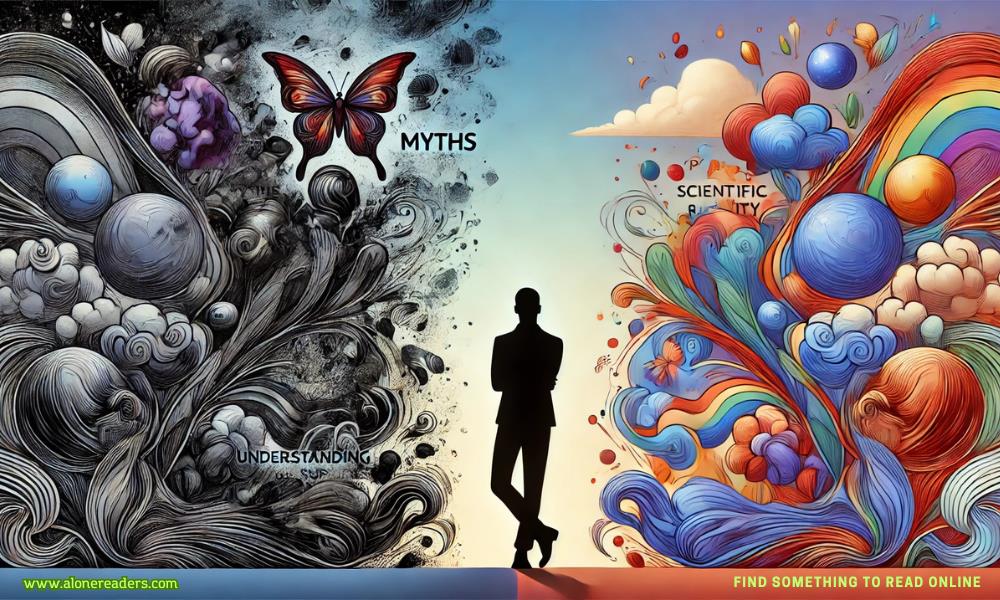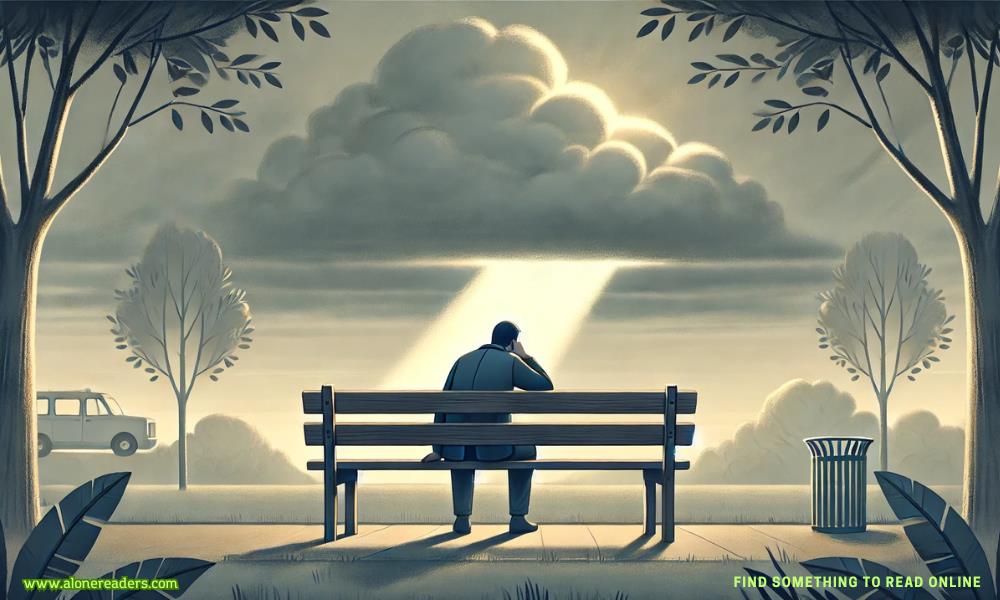Page 1 of Saint of the Shadows
1
The Legend Of The Overworked Nurse
Marisol Novotny pushed against the bouncy, good vein in the man’s arm. The portly fellow’s sweat had smeared his eyeliner into raccoon eyes. He yanked at the handcuff around his thick and freckled wrist, seething. “I was chasing a robber.”
Unfortunately, that wasn’t how the police saw it when they found him trespassing.
Marisol arched an eyebrow toward the gauze, as bulky as an old school maxi-pad, covering the stitches on the man’s forehead. “Promise not to fight a dumpster with your head next time.” Though next time, he shouldn’t lead the police on a chase wearing a Halloween costume in February.
The other cuff scraped against the bed rail. “Listen here, Nurse. Something big is coming, and I’ll send it to the gutter with all the other vermin.”
Right… Shadowhaven always had some guy in a mask pretending to be a crime fighter. Grown men playing dress-up in sweatpants and ski masks came with the city’s charter, and a lot of them ended up in the ER of the Varian Family and Research Hospital during her third shift. With a quick stab, she drew a vial of blood and released the tourniquet from his arm. She passed the vial to the arresting officer hovering nearby. The bloodwork most likely would come back positive for B’Lee, the city’s own new and improved brand of heroin.
The officer said, “You’re good at tapping a vein on a moving target. Did you serve?”
She wrapped the patient’s arm with medical tape and forced a laugh. “No, but I suppose I’ve seen combat. Westside Shadowhaven, born and raised.” She threw away her gloves and ran her hands under the faucet.
Her city wasn’t exactly a war zone, but outsiders compared the Westside to some bombed-out pile of rubble. Nothing so epic happened there, just the slow-detonating bomb of poverty. If a similar squalor riddled a city abroad, someone powerful would send forces, but Shadowhaven, the world’s forgotten city, handled it on its own.
The police officer took the patient away. Bed one cleared. Marisol dried her hands and bemoaned her ragged cuticles. They were long overdue for a manicure. She’d make time for that on the eighth day of the week.
She barely had time to adjust the dark hair of her ponytail before the patient in her second bed hit the call button. A shelf had fallen and crushed his leg earlier that night. Screwed and stitched together, he rode high out of trauma surgery, screaming, “An angel saved me!”
She checked his vitals and administered acetaminophen. As soon as she finished, the old man grabbed her hand. His eyes shined, and he repeated, “An angel saved me.”
“I’m sure.” She dismissed the assertion. More likely? Some guys came to rob his place, ransacked the register, and then called 911.
“It was the Patron Saint. The real one. Not those foolish pretend ones,” the old man said.
She patted his wrinkled hand. “I bet your surveillance cameras captured good footage of him for the news.”
The old man waved a crooked finger as if giving a lesson. “My shelves are strong. I only wanted the best. No one man can lift my shelves. That’s what the forklift is for. But the Patron Saint? He single-handedly lifted the shelf. He saved me.” The man grimaced, breathed in, and the floodgates opened, unleashing sob after sob.
Occasionally, a kook would come into the ER claiming a man in all black rescued or attacked him. A favorite account came from some strung-out mobsters who said a masked man, the Patron Saint, jumped out of a sixth-story window in a hail of gunfire and ran off. These stories served asShadowhaven’s brand of fairy tales like The Man-Eating Mega Rats of the Sewers or The Immortal Cockroach. But an official Patron Saint never existed. Only imitators of imitators who needed as much stitching and stapling as the people they saved. Actual heroes—let alone super ones—were just another piece of fiction.
Marisol lowered her voice and gently shushed the old man. “You’re going to be fine.”
He blinked, his expression tense with lucidity. “You remind me of my wife.”
She rolled her shoulders back, readying to quash a potentially horny old patient. With his tears fresh along his laugh lines, she caved. What about her reminded him of his wife?
She imagined a woman like her abuelita in sensible heels and a shirtdress, heading off to Mass. And the fictional wife would look at Marisol’s chapped lips and tired eyes and balk at the comparison. “She’s a lucky woman with a husband who only gets the best shelves.”
“She died a couple of years ago. Cancer. Had a personality like boxed chocolate. Hard shell, soft and sweet center.”
All these described her abuelita. “I’m sorry.”
“Are you married?” He barely finished the question before she shook her head. “Your boyfriend needs some sense knocked into him.”
“No boyfriend to knock. Or anyone for that matter.” A relationship was like a manicure—anindulgence that didn’t fit in her life. If someone wedged themselves in, her life shoved them back out.
“With those gentle doe eyes? What’s wrong with these men?” the old man asked.
The explanation that, most days, singlehood was the better option would take too long. College guys split as soon as the “urban” lifestyle lost its novelty, and the few Westsiders, who her gangster brother hadn’t chased off, would inch out the door when their typical macho bag of tricks failed to impress her. She was too much work, and if it wasn’t for her best friend, Annie, doomed to be alone. “I guess they don’t make them like they used to,” she said.
She didn’t dwell on her lack of a love life for long. Another patient arrived. A middle-aged woman raced into the ER, pushing her elderly mother in front of her in a borrowed wheelchair. The mother moaned, “Estoy muriendo” amid bouts of coughing.
As soon as she heard the woman moan about dying, Marisol took over the wheelchair. She soothed into the patient’s ear, “Señora, no morirá. Lo prometo.”
- In Love After Office Hours by Marian Tee
- Spades by Helen Hardt
- Dangerous Deception by Ajme Williams
- Hot Stepbrother Daddy by Lena Little
- Legacy by Sienna Snow
- Fake Daddy by K.L. Donn
- Ruthless Intent by L. Ann
- Dare To Break by L. Ann
- Dare To Fall by L. Ann
- Dare To Take by L. Ann
- Dare To Live by L. Ann
- Betrayed By The Boss by Lexi Noir
- Pregnant By the Boss by Lexi Noir
- Seduced By the Boss by Lexi Noir
- Cruel Alpha by Electra Cage
- Kisses and Paperclips by Cynarae Black







